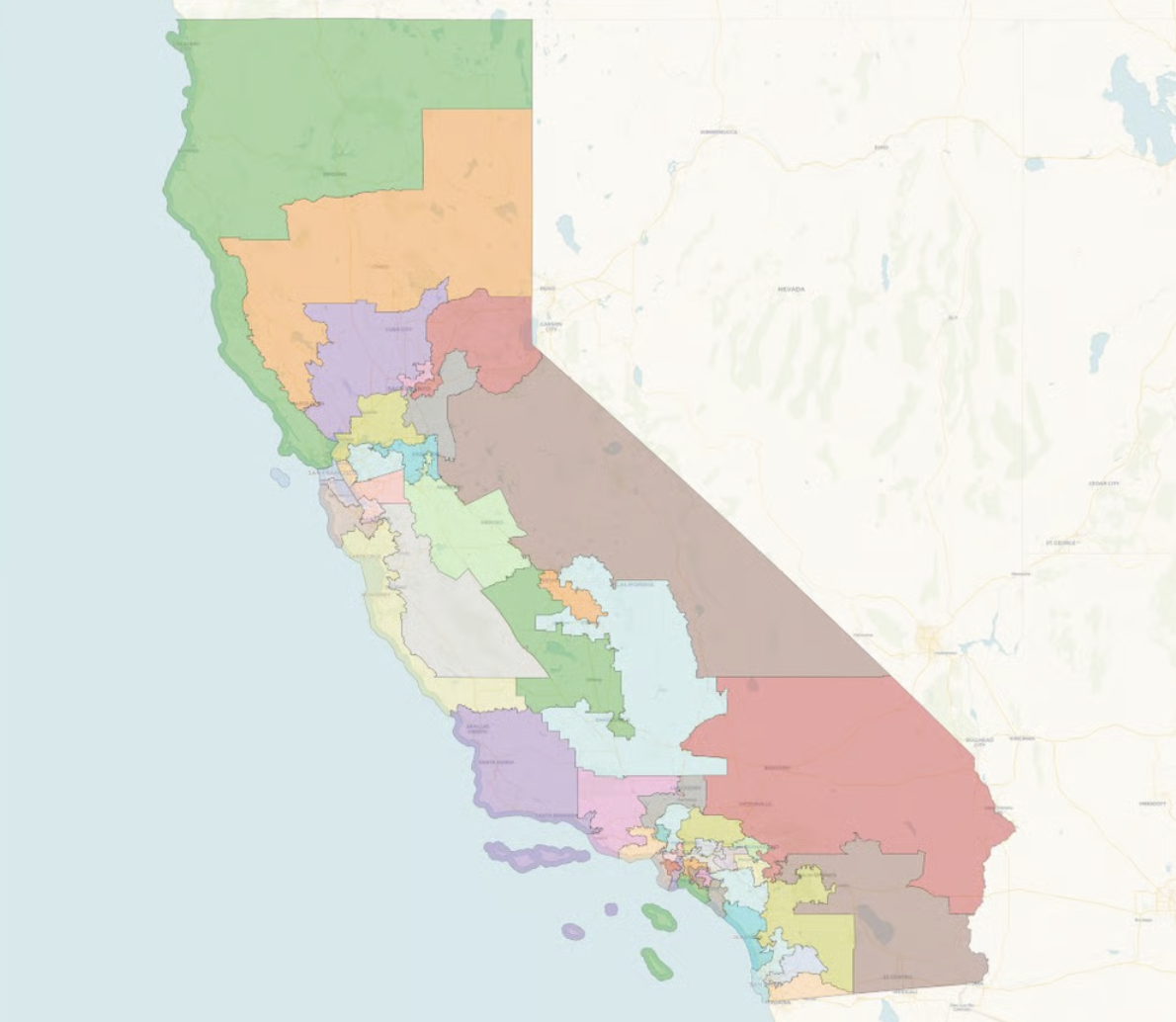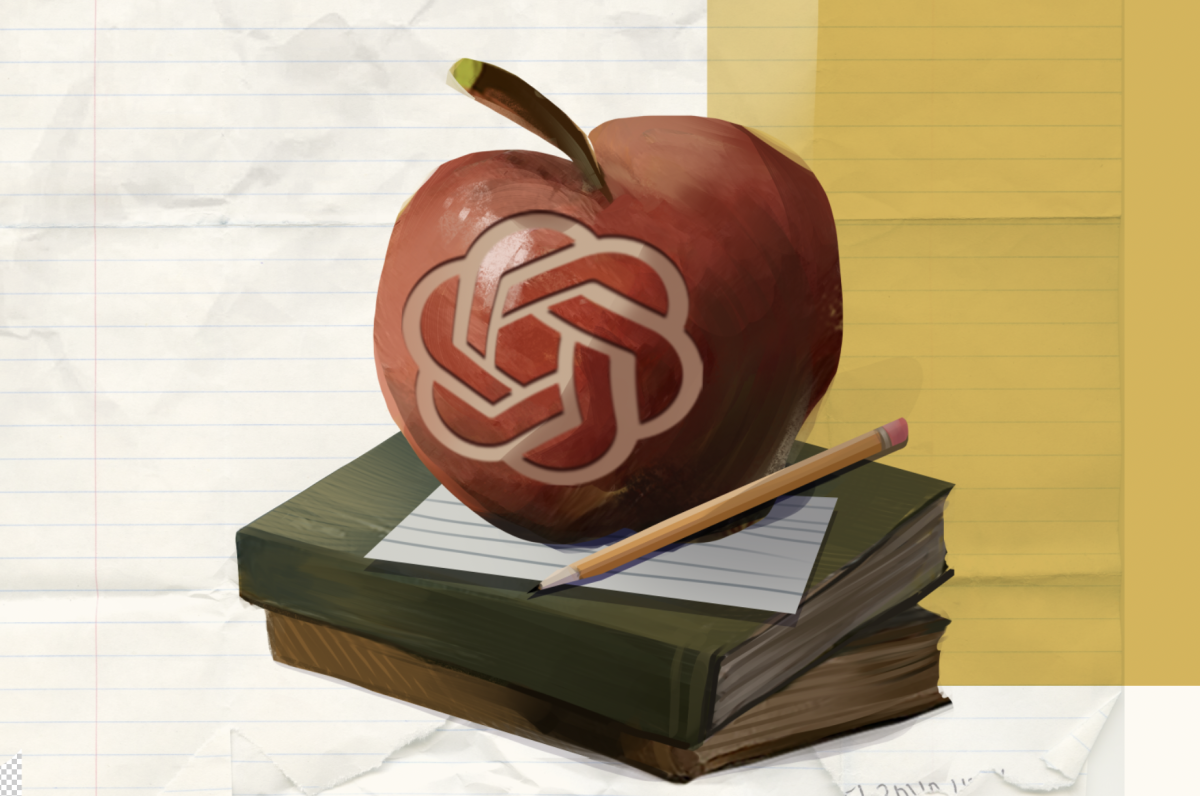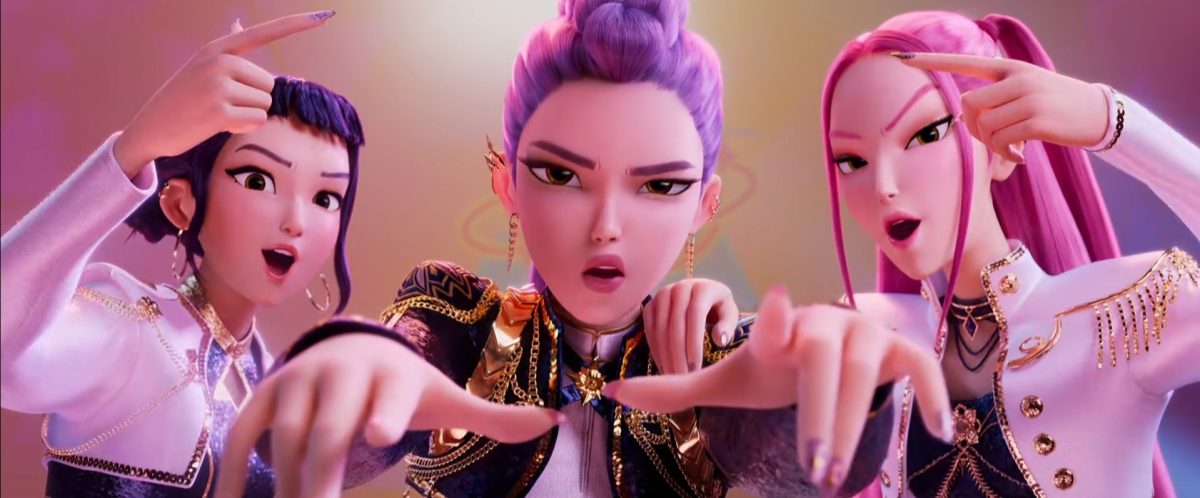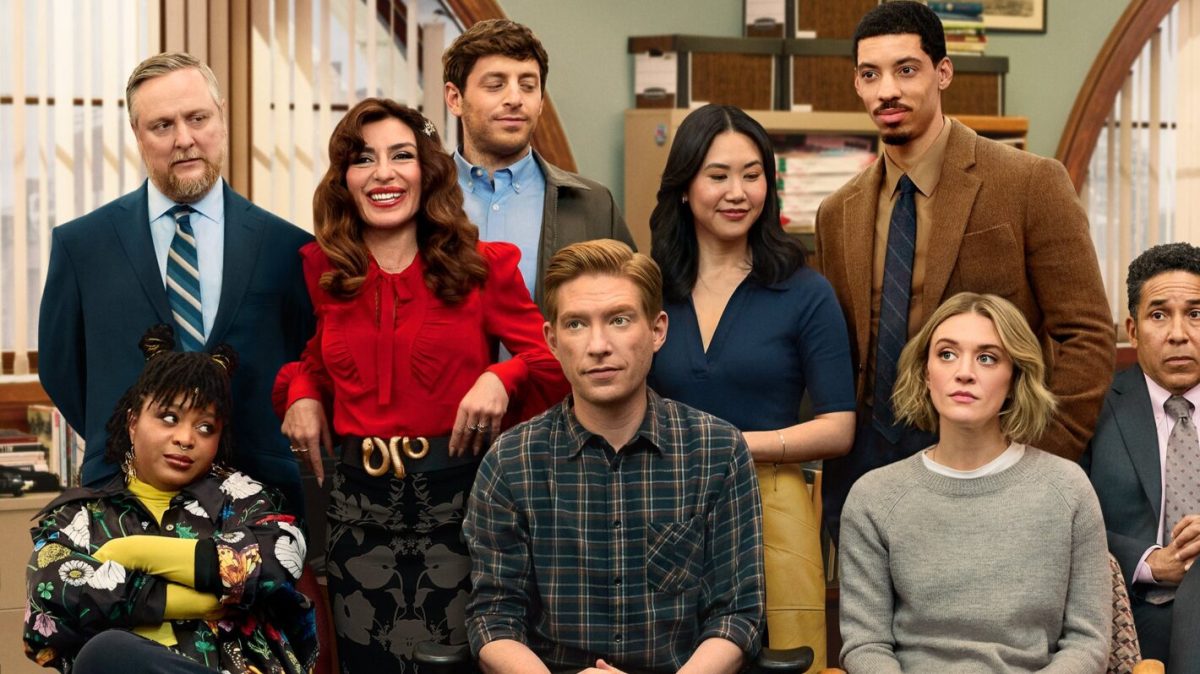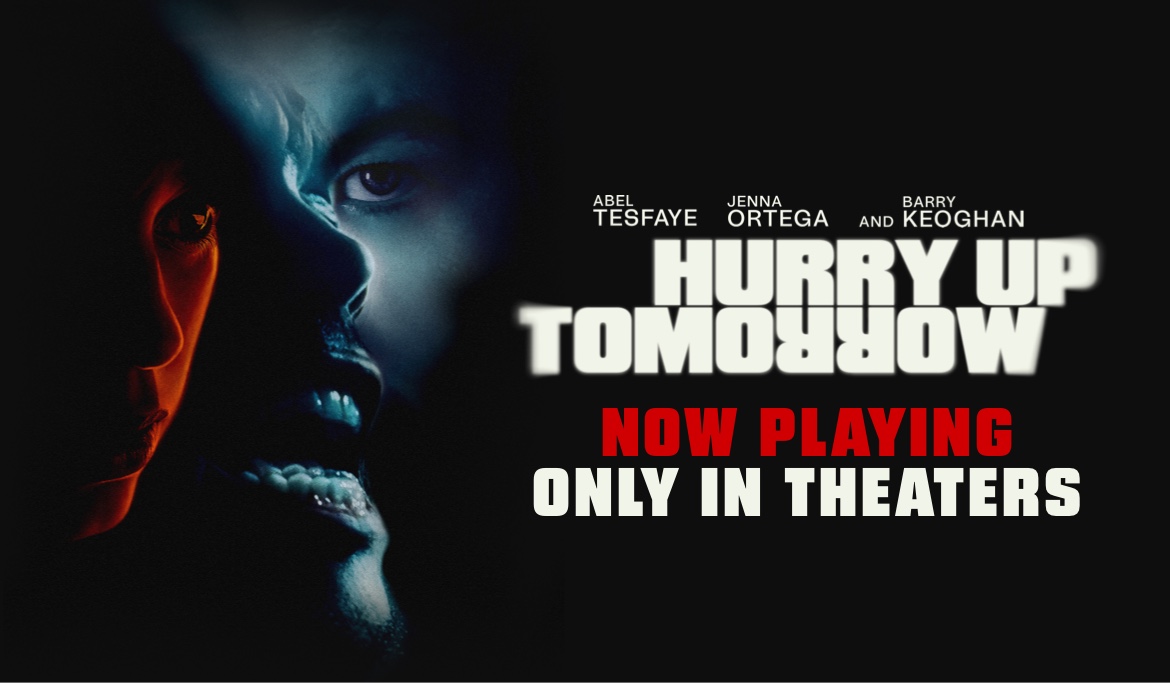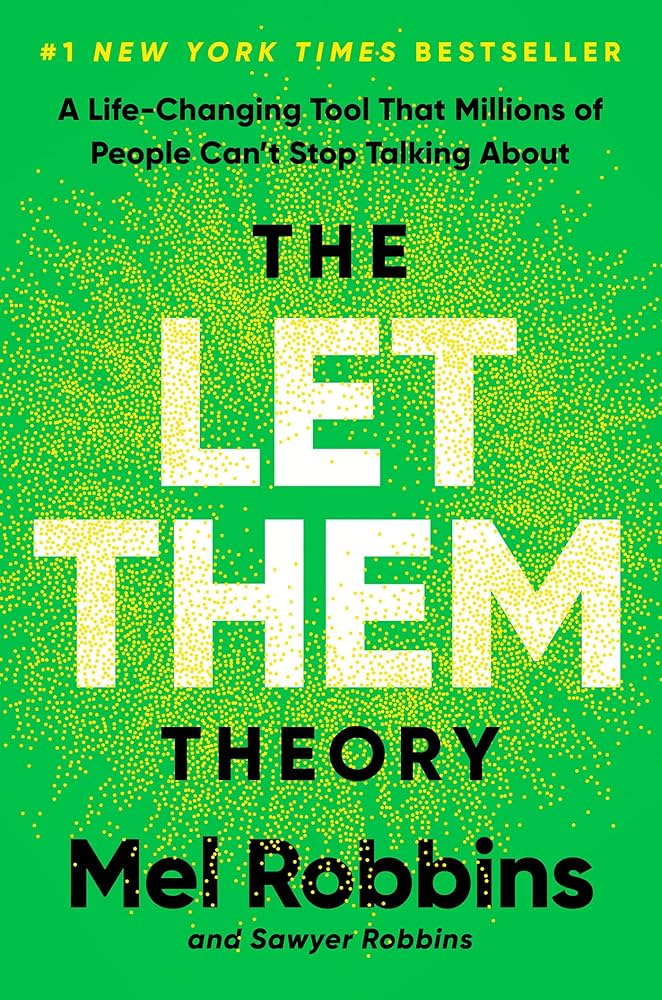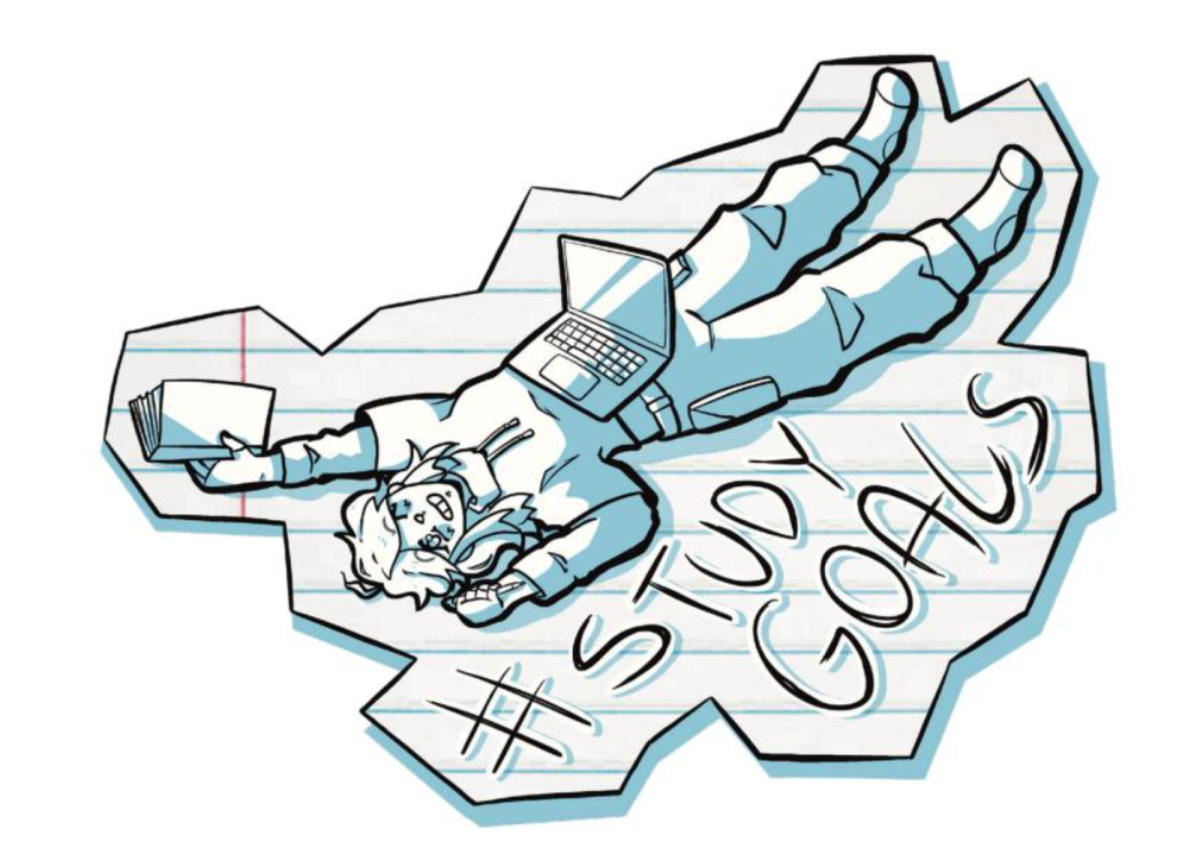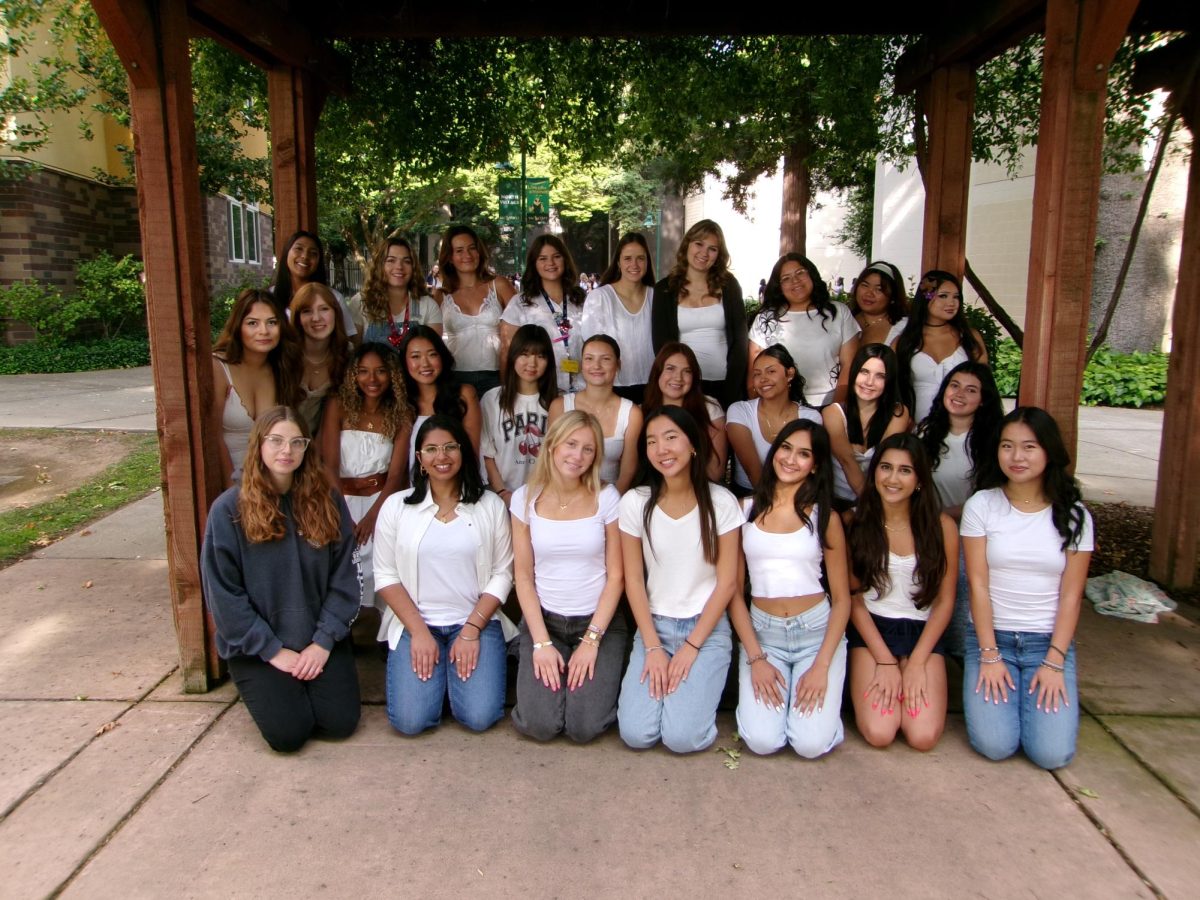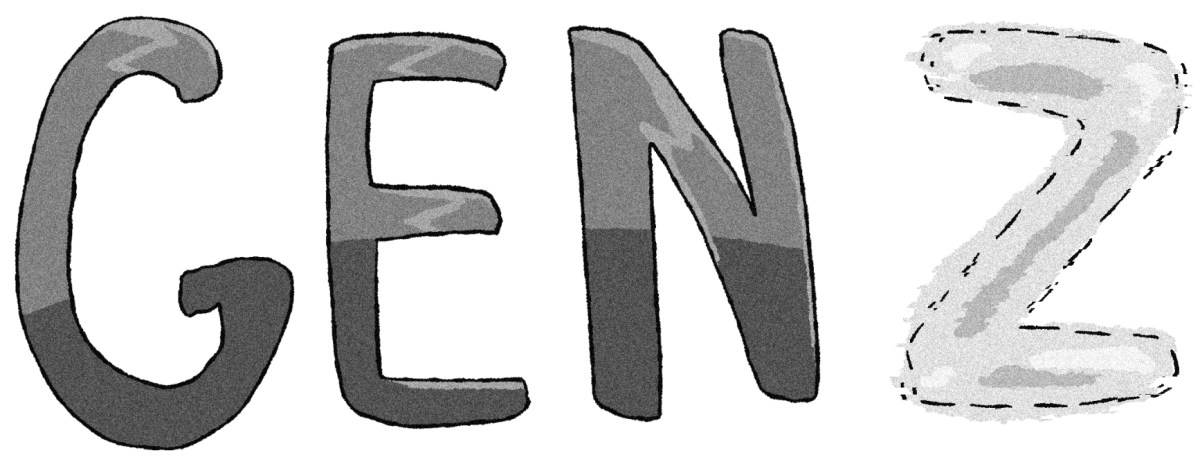Humor has constantly evolved since the dawn of time, a mirror to humanity’s ever-shifting culture, intellect, and sensibilities. But now, after ages of refinement, humor has hit a wall—or rather, it’s tripped over its own feet and fallen face-first into a slew of digital garbage.
“Brainrot,” the 2024 Oxford word of the year, has exploded across the cultural landscape, with its grip already tightening on the minds of the youngest Generation Alpha. It characterizes a new kind of content online so trivial, low-quality, and mind-numbingly repetitive that it feels like it’s chipping away at your mental and intellectual state as you watch it.
You’ve definitely come across it before. Think words like skibidi, sigma, and rizz. These terms have become so pervasive that they’ve seeped into everyday conversation. Phrases like “what the sigma” or “skibidi Ohio rizz” make no logical sense, and that’s the point. As these words grow increasingly popular, they lose meaning, becoming placeholders for just about anything else.
But these aren’t just words; they are the future of humor—a humor that has already consumed the newest wave of young people. In the coming years, comedy will no longer be about flair, timing, or punchlines; it’s about stupidity, repetition, and the sheer effortlessness of brainrot. Jokes won’t be crafted, they will be regurgitated, stripped of meaning, and tossed around for a quick laugh.
The shift is starting with our youngest generation. Two-thirds of Generation Alpha were exposed to tablets and other digital devices before the age of 5. For many parents, handing over an iPad is the easiest way to keep their kids entertained. But the result? A generation of extremely young children stumbling into the chaotic world of online content ruled by brainrot, whether they’re playing Roblox, scrolling TikTok, or watching YouTube.
Their digital diet can range from garbled text chat slang to 70 part sagas about an army of toilets waging war on a colony of security cameras. I know—it’s dumb. When repeatedly consumed, these words and videos don’t just stay on the internet; they will invade the brains of these young people and influence how they talk, joke, and even think.
Brainrot’s popularity thrives on its absurdity and rapid evolution. To any sensible person over the age of 25, terms like “fanum tax,” “gyatt,” and “looksmaxxing” are baffling.
This senselessness is what makes brainrot universal—it doesn’t need wit, context, or even meaning to cross language barriers or cultural divides. Its ridiculousness speaks for itself, growing faster than traditional humor could, and that’s exactly why it’s taking over.
This isn’t just a shift in humor, it’s a full-blown unraveling.
Young people are driving the quick descent of true comedy. We have always been the ones to decide what’s accepted, what’s trendy, and what’s worth laughing at. The issue is that brainrot isn’t teaching us to think creatively; it’s teaching us to find the lowest common denominator. As Generation Alpha matures, they’ll carry this brainrot-infused humor into adulthood, determining the future of comedy, media, and even how we connect.
It doesn’t have to be this way, though. It’s not too late to stop this and ask ourselves if this is the kind of humor we want to define us. What if humanity is wiped off the face of the earth, and the only evidence of our existence is a photo of John Pork, an anthropomorphic pig calling you on FaceTime?
As young people, we can look to the past and embrace the foundation of modern comedy, classics like Charlie Chaplin, Monty Python—or if you prefer contemporary humor—shows like Saturday Night Live, Key & Peele, or Curb Your Enthusiasm. And of course, comedians like Bill Burr, Dave Chapelle, Atsuko Okatsuka, Gabriel Iglesias, and Theo Von.
I could talk for hours about my favorite shows and comedians, but my point is, true comedy thrives on innovation, not redundancy. These shows succeeded by pushing boundaries. If we want humor that truly lasts, we’ll have to demand more than just recycled nonsense.”
Humor should challenge us, test the limits of our creativity, and bring us together; it shouldn’t be a tool to diminish our intellect. The future of humor is regressing as we speak, and if we don’t act now, humanity will be doomed.









